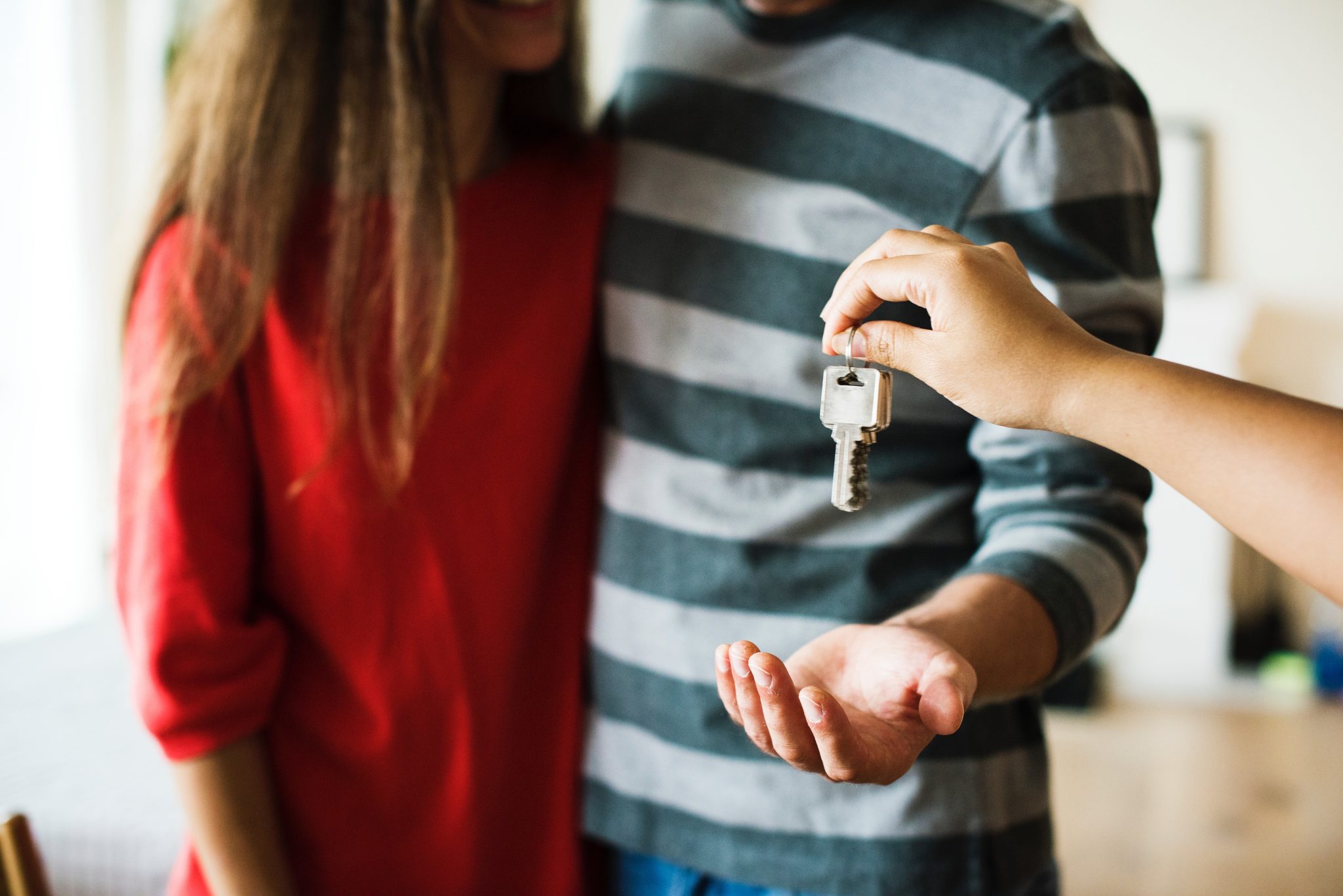
Will Solar Panels Boost the Value of my Property?
If you’re looking to sell a property that has solar panels installed, you’ll naturally want to know whether they will affect the value of the property. There are a few things to consider if we’re going to get answers.
First, how long have you had the solar panels? It makes financial sense for you to have had them long enough that you’ve earned your investment back.
Second, does your area get a good amount of sunlight? Although you don’t necessarily need lots of sunlight, some areas are more conducive to the benefits of solar panels than others.
Third, are the panels installed properly? Did their installation cause damage that you have not got round to fixing?
Just a few things to keep in mind. Take a look below for a definitive answer.
Buyers will want cheaper bills – guaranteed
As traditional energy prices continue to rise, the lower electricity bills that you get from solar energy are a major draw to buyers. More homeowners are seeing the benefits of switching to solar energy, so buying a home that already generates clean energy is often seen as a quicker and preferable route for eco-conscious buyers.
What’s more, if the right team carried out the installation (i.e. us), your panels will need very little maintenance.
FiT payments will get passed on to the new homeowner
The Feed-in Tariff’s quarterly payments will make your home more appealing to all buyers – not just the eco-conscious. If you’re planning to sell your house within 20 years of installing solar panels, the FiT payments will pass directly on to whoever buys it from you.
Seeing as the new owner didn’t pay for the initial installation of the solar panels, this is essentially a safe and secure additional income for them, for free.
You’ll raise your Energy Performance Certificate (EPC) rating
Your property’s EPC rating will go up if you have a solar panel system in place. Every house that is bought or sold in the UK needs to have a valid EPC rating, and having a higher rating is another strong draw for buyers.
EPC grades range from A (highest) to G (lowest), and they always play a significant role in home valuations. In fact, solar panels have been known to raise a property’s EPC rating by at least two grades.
Research finds commercial solar boosts value
In recent years, there has been plenty of research into the correlation between solar panels and property value. The most noteworthy is a study commissioned by estate agents JLL, which found that a photovoltaic systems on a commercial property can increase its value through additional income streams.
JLL’s study sheds light on the property sector’s longstanding lack of knowledge about solar energy and how it affects valuation.
Chris Strathon, Director in Valuation at JLL said:
“This is the first in-depth research into understanding the impact of solar and it is clear the majority of commercial roof space is untapped as an additional revenue provider.
“We believe rooftop solar on commercial property adds value by improving the marketability of a property to occupiers who are driven by cost or CSR objectives, and additional income which is received via power purchase agreements and government-backed tariffs.”
Tips for selling a house with solar panels
Provide evidence of the benefits of solar energy to prospective buyers. Make it part of the ‘pitch’. You’re not just selling your house, after all: in effect, you’re selling solar energy.
Do the same with your estate agent. Ensure that they’re fully aware of the benefits of solar, and that they can communicate those benefits to prospective buyers.
Ensure that your panels are installed by an MCS-accredited (Microgeneration Certification Scheme) installer. The MCS is an important governing body and will ensure that the panels qualify for FiT payments.
Try to sell your property within 10-15 years of installing solar. That way, you’ll have earned back the equivalent of what the installation cost, and then some.
Get in touch
For the most part, the answer to this article’s question depends on your location and a handful of other details. Please get in touch so that we can talk through your options – you can call us on 0800 112 3110, or fill in our quick enquiry form here.



